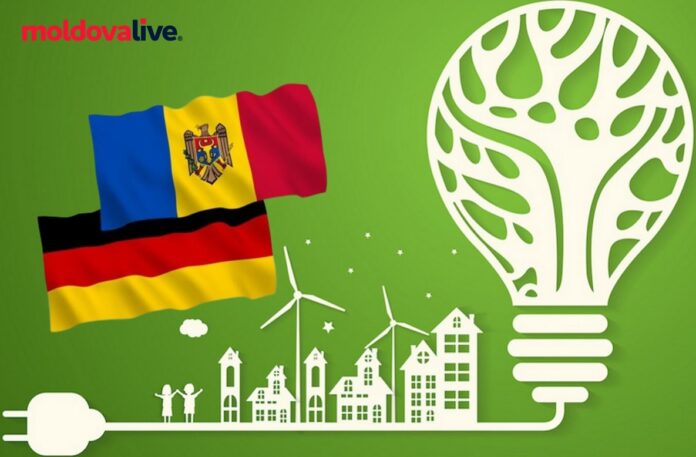Germany reaffirmed its commitment to the Republic of Moldova today, expressing strong support for both the country’s European integration and its transition to a sustainable development model. Environment Minister Sergiu Lazarencu and his German counterpart, Carsten Schneider, announced during a joint press conference in Chisinau, held as part of Schneider’s official visit.
The two officials discussed ways to deepen bilateral cooperation in environmental protection and reviewed progress achieved through joint projects. They addressed key topics, including efficient waste management, energy efficiency, the modernization of water and sewer infrastructure, and adaptation to climate change.
“Germany remains a strategic partner of the Republic of Moldova,” said Sergiu Lazarencu. “Our joint projects directly improve citizens’ quality of life and bring us closer to European standards. With German support, we have modernized dozens of public buildings and expanded access to drinking water in several localities, including Falesti, Calarasi, and Cahul.”
Carsten Schneider praised Moldova’s environmental reforms and confirmed Germany’s support.
FOR THE MOST IMPORTANT NEWS, FOLLOW US ON TWITTER!
“Moldova has made remarkable progress,” Schneider said. “Germany will remain a reliable partner on Moldova’s path toward a united and sustainable Europe. Aligning with EU standards is not just a political milestone, but a vital step for citizens’ health and well-being.”
The ministers highlighted strategic partnerships between Moldova and German institutions such as the German Agency for International Cooperation (GIZ) and the development bank KfW. Schneider presented these collaborations as successful examples of bilateral cooperation, emphasizing that the projects go beyond infrastructure and legislation by also strengthening institutional capacities.
Lazarencu and Schneider announced new areas of collaboration, including the circular economy, biodiversity conservation, and reforestation. The Moldovan minister reiterated Moldova’s goal to increase its forest coverage from 11% to 15%, aligning with European environmental goals.
Schneider’s visit marks another step toward strengthening Moldovan-German relations and confirms Berlin’s ongoing support for Moldova’s European and ecological aspirations.
Through GIZ and KfW, Moldova and Germany are implementing major projects in ecology, water infrastructure, and energy efficiency. Key initiatives include the modernization of water and sewer networks in Central Moldova, the development of a regional water and sewer system in Cahul district, the PROGRESS Program to prepare Moldova for the European Green Deal, the energy renovation of public buildings, and efforts to digitalize transport and develop green logistics.


